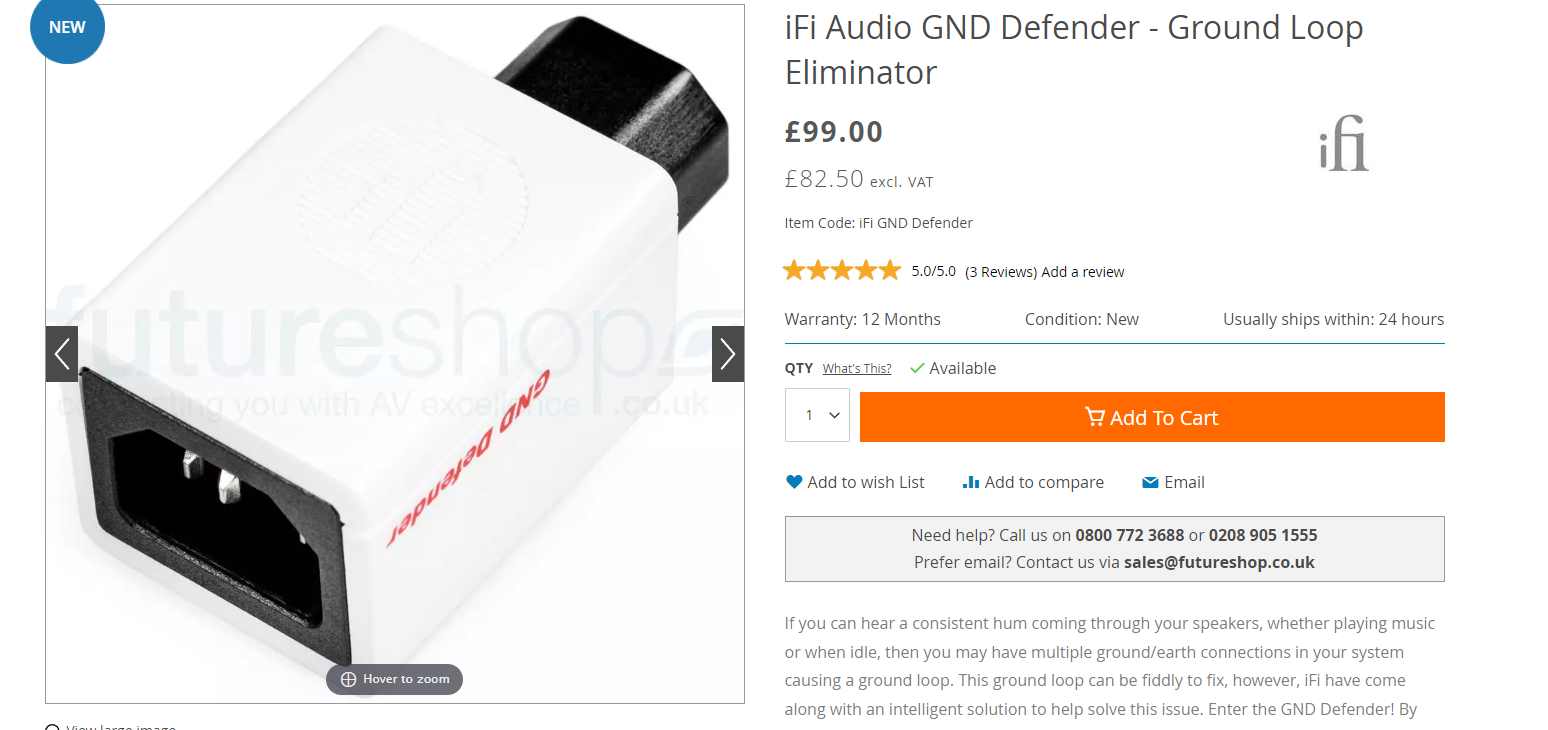This test was to check for electrostatic or electromagnetic interference. You just put a strong magnet in the vicinity close to the tube. If there is a change in amplitude in the superimposed signal that is being heard or seen on the scope, you would know that this is caused by this type of interference and not a tube defect like heater to cathode or heater to grid leakage for example. These tests were important because almost all the early electronics were designed by people without a formal education and many mistakes were often made in designs that could lead to interference. For example not having a grid stopper resistor to block radio frequencies or prevent oscillations. An example would be old Fender guitar amps. They did not have the college educated EEs that we have today. Many of the people who designed tube equipment during that time, were children of the great depression who lacked the means to pay for an education.
Robert Tomer the worlds foremost expert on tubes in service was also self-taught and did not receive a formal education. He talks about in his book how lots of the equipment used by Americans everyday was designed by servicemen who received their training during the war. This equipment often had design mistakes in their circuits.
As much of the equipment back in the day was designed by servicemen who got their electronics education from serving in the military during WW2 or through courses. It could have many unintentional errors or be very dangerous. Much of the US and the rest of the world was still being electrified. My family was an example of how most got an electronics education during that period. My Uncle Paul was a radioman during WW2 and received a bronze medal for heroism for repairing radio equipment when no others would, while taking direct fire from Nazi machine guns in France and saving thousands of lives as a result of bringing this equipment back online. He told me that electronics took his mind off the war, as it traumatized him. His skill from the service, later led him to become the chief railroad engineer for his region. My aunt's husband who we affectionately called Uncle Al, was the first TV and radio repairman in Arizona. Those old TVs and radios were crazy and he had to fix lots of design mistakes. He was often grumpy and short tempered from a lifetime of doing this. His favorite word was goddammit and he liked a stiff drink or two at the end of the day. I remember him teaching me to solder and my fondest memory of the time I spend with him was building an old battery operated Heathkit Code Oscillator under his guidance when I was 5. I would ride around on my trike doing some morse code he taught me, in an attempt to impress him. He was born in 1902 and was self-taught and got his first job as a telegraph operator.



































